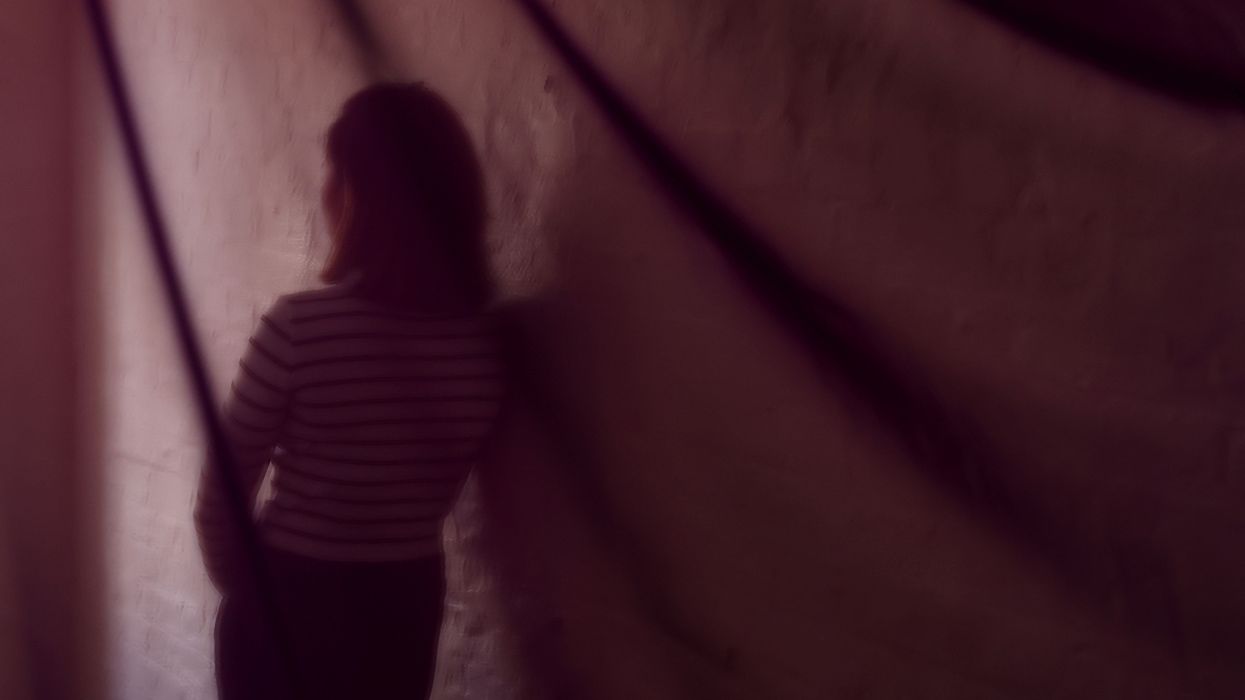SRI Lankan authorities tightened coronavirus restrictions on Friday as reports emerged of Covid patients dying while awaiting admission to overcrowded hospitals.
The government said state ceremonies and public gatherings were banned until September 1 because of the deepening health crisis.
Public servants had previously been asked to return to work from Monday (1) but the order has now been revoked and bosses are told to decide who should report for duty on-site.
The fresh curbs come after the number of coronavirus deaths and infections in the last week doubled from a month ago.
Sri Lankan television anchor Thilakshani Maduwanthi shared images online of the state-run Colombo South hospital that showed three patients sharing a single bed.
She said two patients died in front of her and overworked staff were treating people under trees as the hospital could not cope with the influx.
"What we reported about India where people died outside overcrowded hospitals a few months ago is now happening right before my eyes," she said in a widely shared Facebook post.
Other posts on social media showed bodies piling up at two hospitals outside the capital.
Private gatherings have not been banned but the government has increased restrictions on attendance.
Only 25 mourners will be allowed at funerals, down from 150, and weddings will be cut to 150 people from 500.
Sri Lanka eased Covid restrictions last month as the government stepped up a vaccination rollout.
Just over 10 million people out of the population of 21 million have been given at least one jab, while 2.67 million received both as of Thursday (5).
Despite the vaccination campaign, the number of infections has more than doubled to a daily average of about 2,500, with the daily death toll above 80.
Sri Lanka has recorded 4,817 coronavirus deaths to date and almost 325,000 infections, according to official data.
The new wave comes after the government relaxed restrictions in April to allow celebrations for the traditional Sinhala and Tamil New Year.
Regulations were tightened once more in May and eased again on July 10.




















Clifford had previously pleaded guilty to the murders of BBC sports commentator John Hunt’s wife and two daughters at their home in northwest of London, in July 2024. (Photo: Hertfordshire Police /Handout via REUTERS)
Crossbow murderer found guilty of raping ex-girlfriend
A 26-YEAR-OLD man who murdered three women in a crossbow and stabbing attack has been found guilty of raping one of them, his ex-girlfriend, a British court ruled on Thursday.
Kyle Clifford had previously pleaded guilty to the murders of BBC sports commentator John Hunt’s wife and two daughters at their home in Bushey, northwest of London, in July 2024.
The attack led to a manhunt before Clifford was found injured hours later in a north London cemetery.
A jury at Cambridge Crown Court on Thursday convicted Clifford of raping 25-year-old Louise Hunt before killing her.
His sentencing for all the crimes is scheduled for Tuesday.
Clifford had admitted to murdering Carol Hunt, 61, and her daughters Louise and Hannah, 28. He had also pleaded guilty to charges of false imprisonment and possessing offensive weapons but denied raping Louise.
During the trial, the court heard that after killing Carol Hunt, Clifford waited for an hour before attacking Louise, tying her up, raping her, and then killing her with a crossbow. He later killed Hannah when she returned home from work.
The prosecution described Clifford, a former soldier, as committing a "violent, sexual act of spite" and said he was "enraged" after Louise ended their 18-month relationship. They told the court that he had "carefully planned" the attack.
Less than 24 hours before the killings, Clifford had searched for a podcast by social media influencer Andrew Tate, according to the prosecution. They argued that the murders were driven by the "violent misogyny promoted" by Tate.
Justice Joel Bennathan called Clifford’s crimes "dreadful" and "almost unspeakable".
(With inputs from AFP)